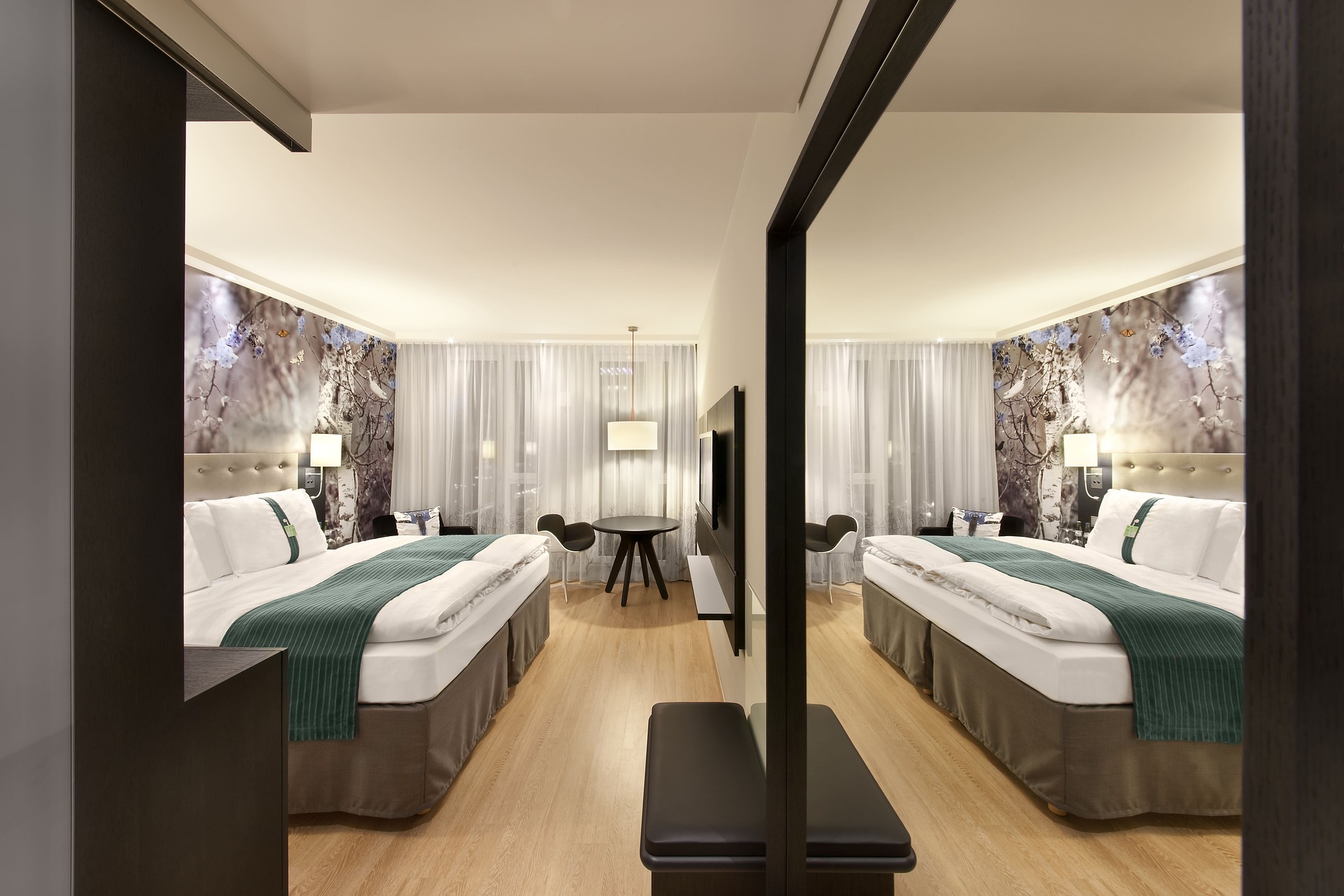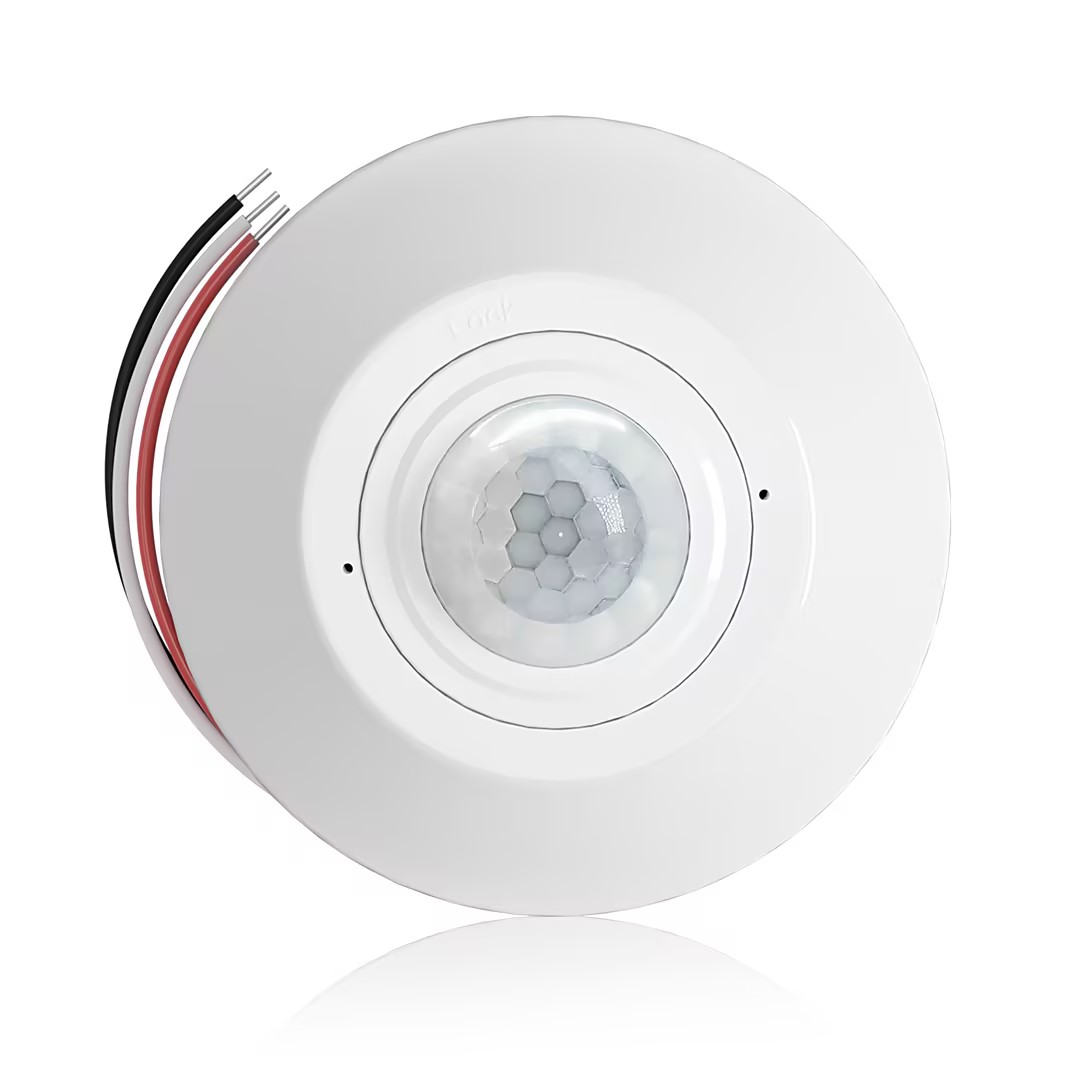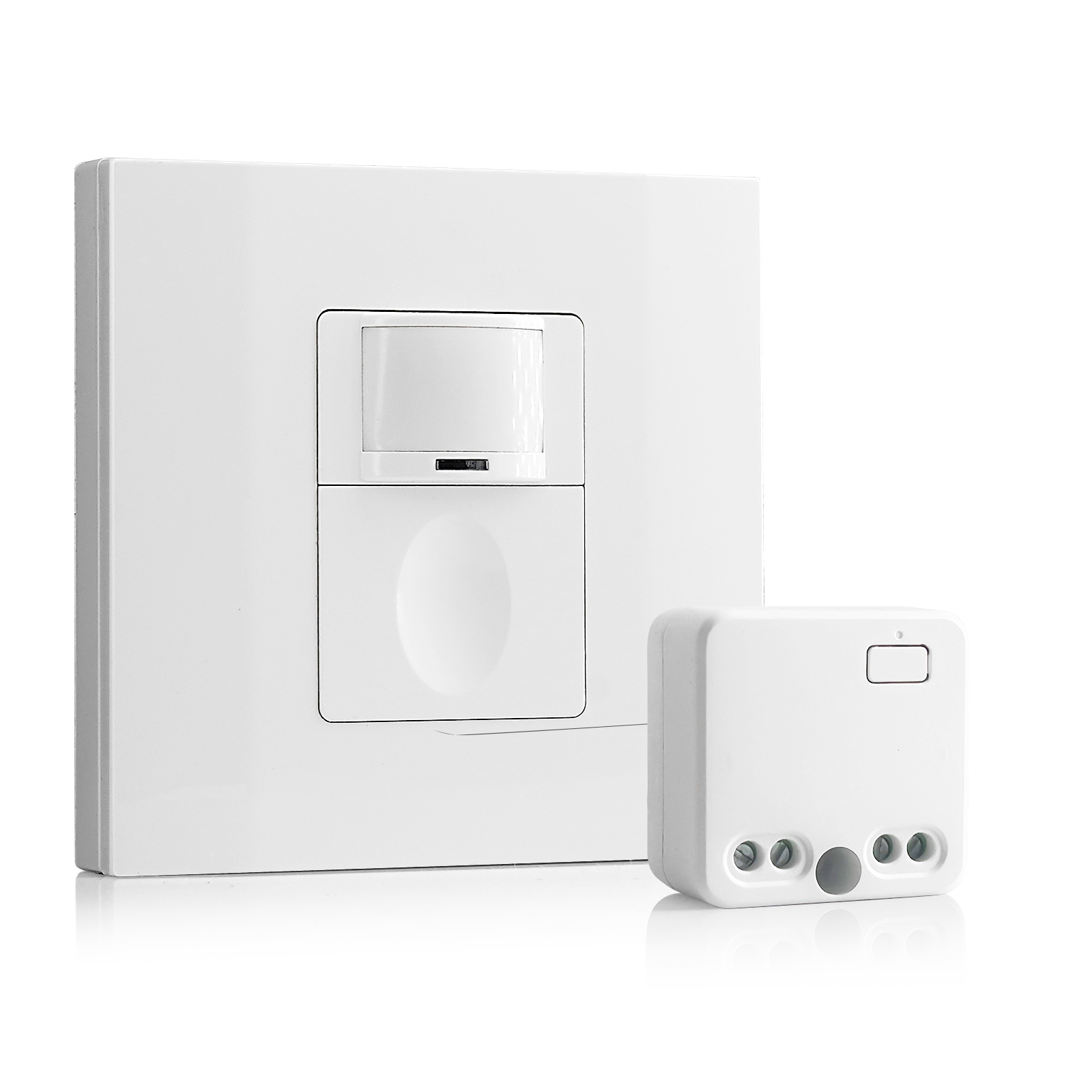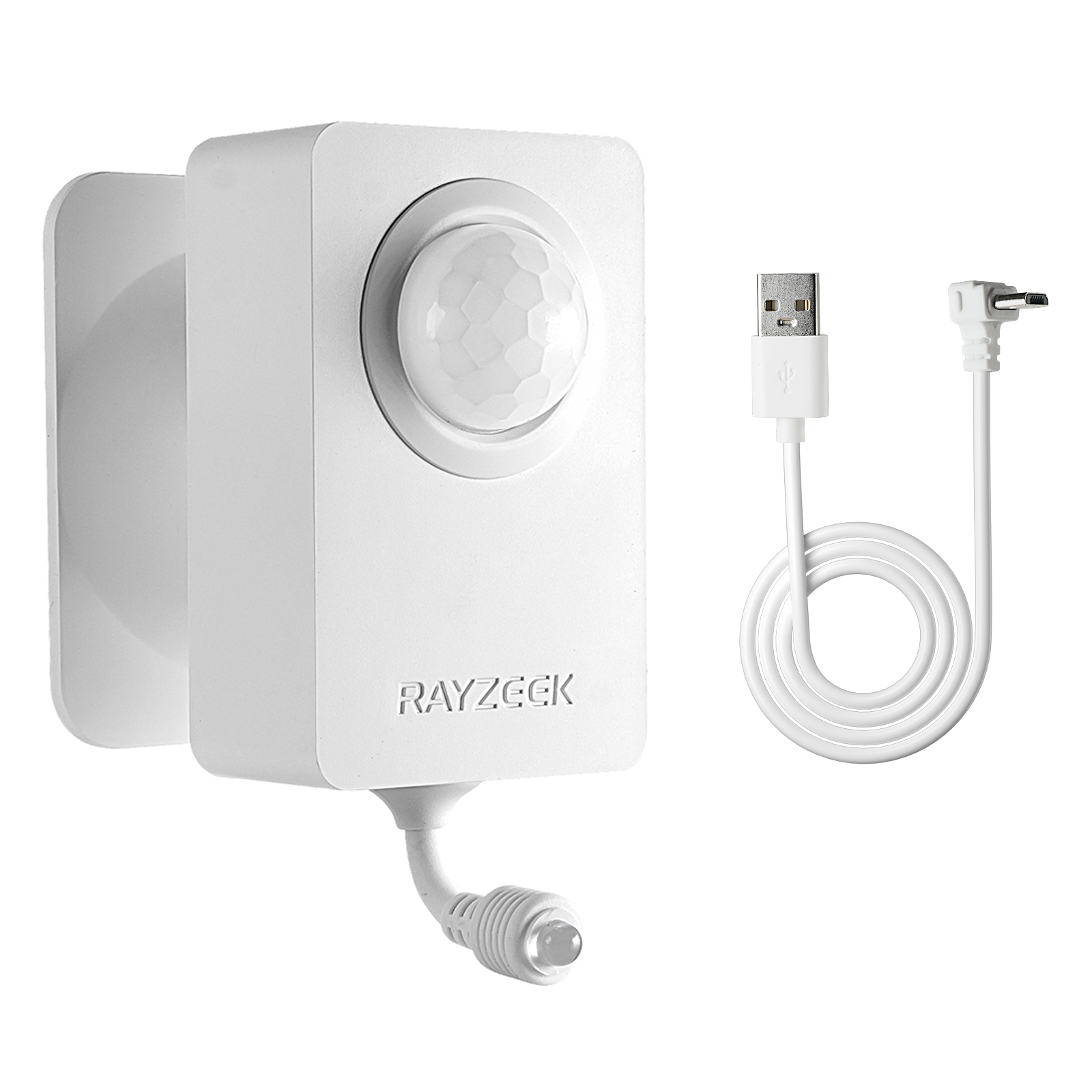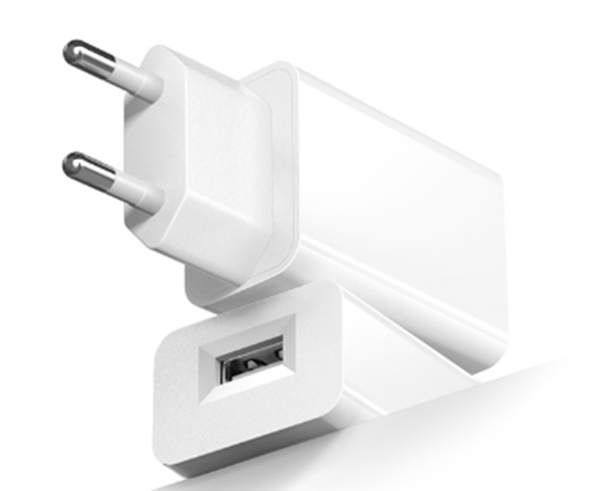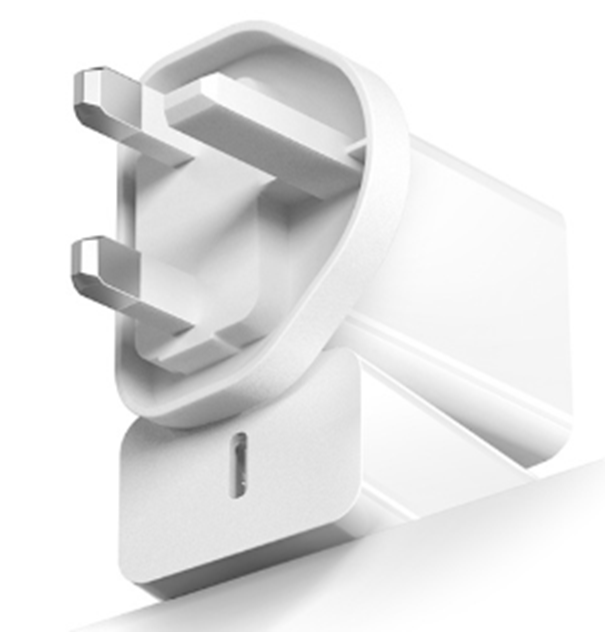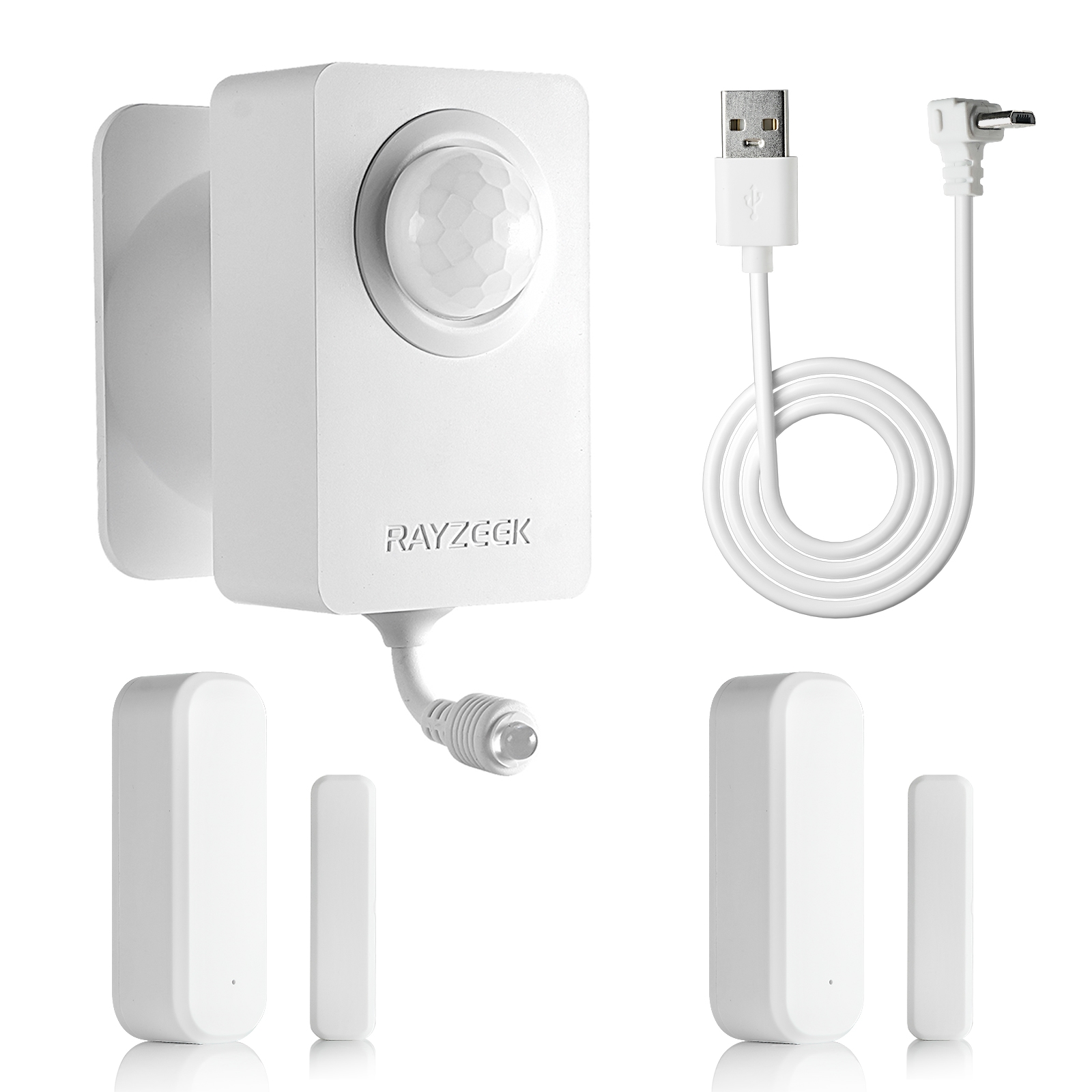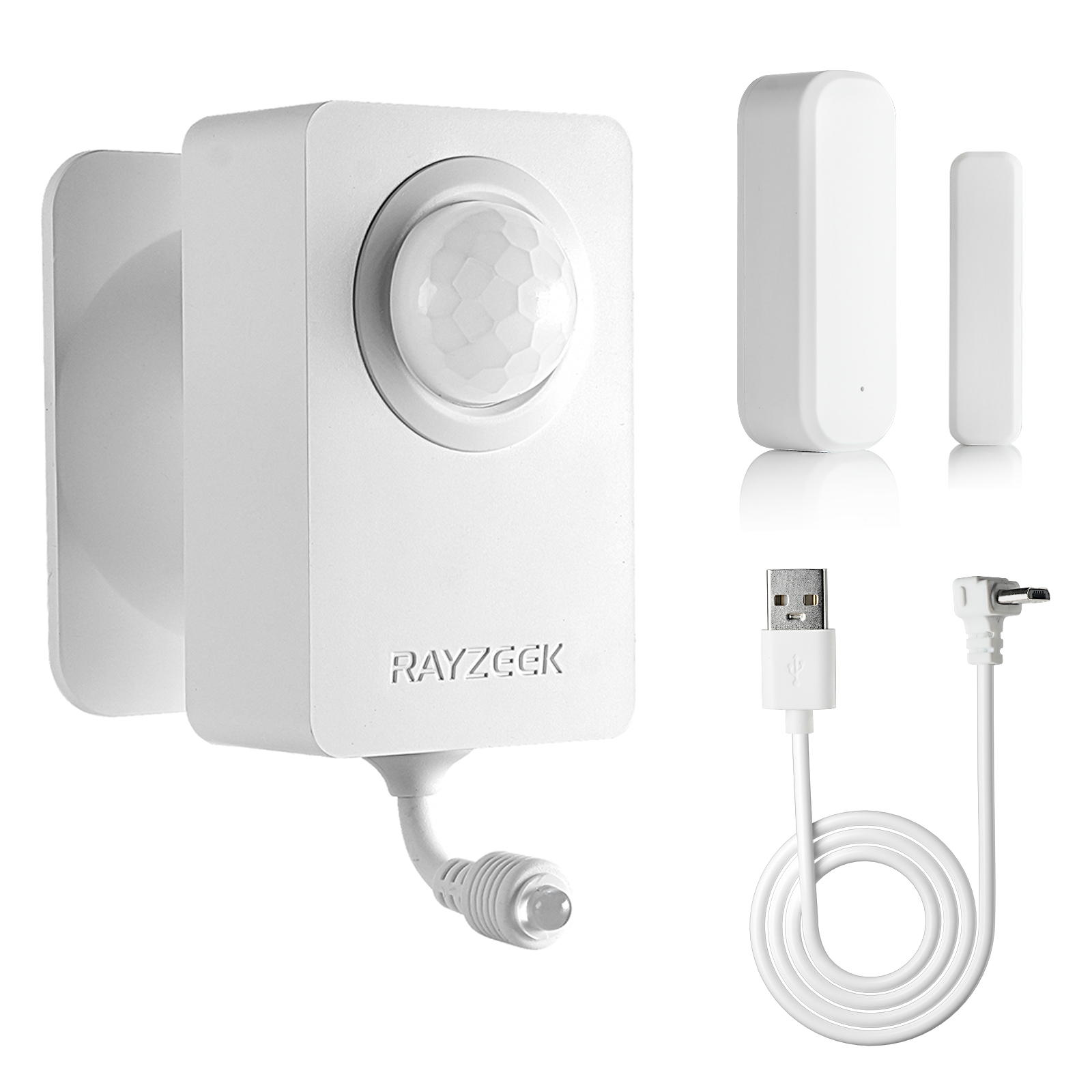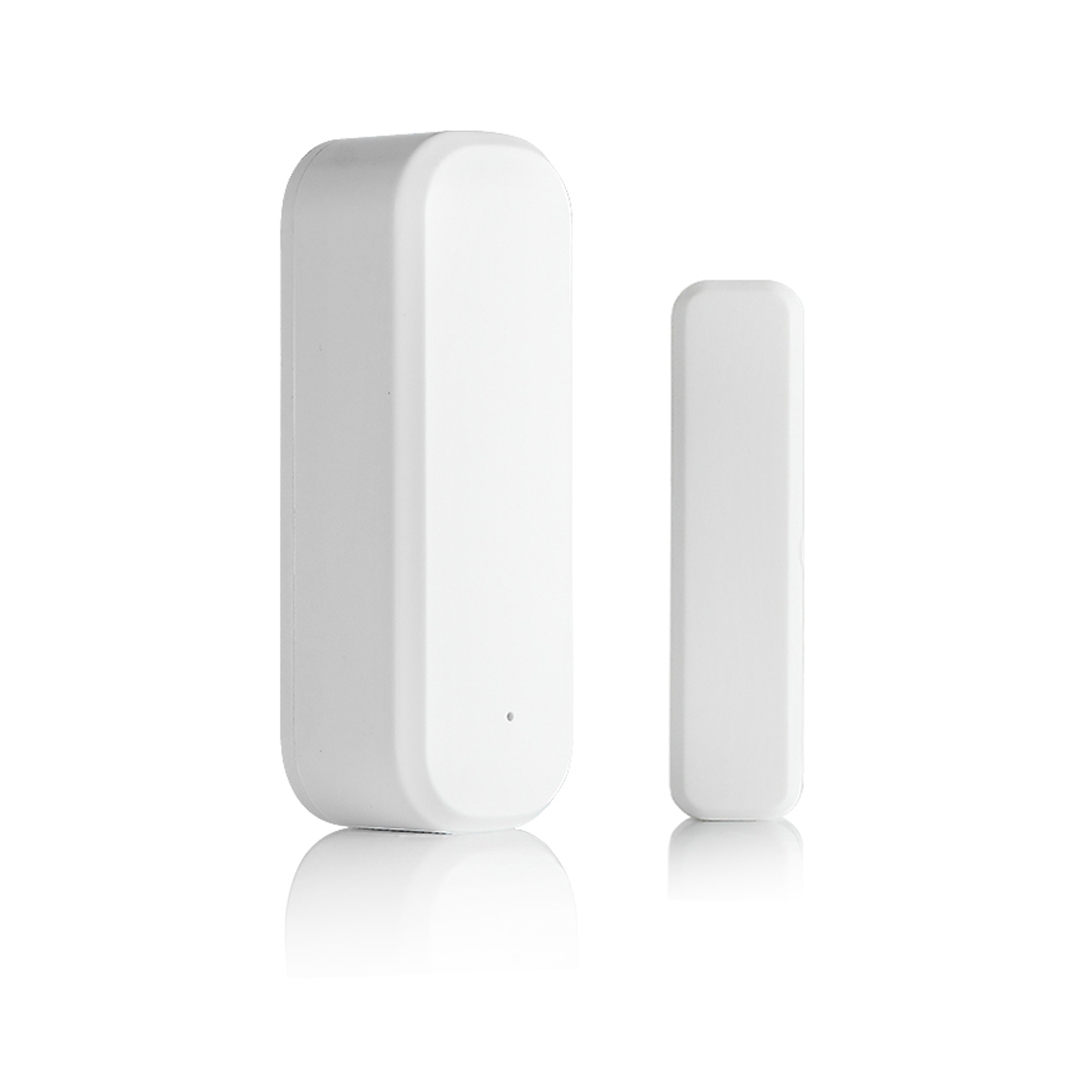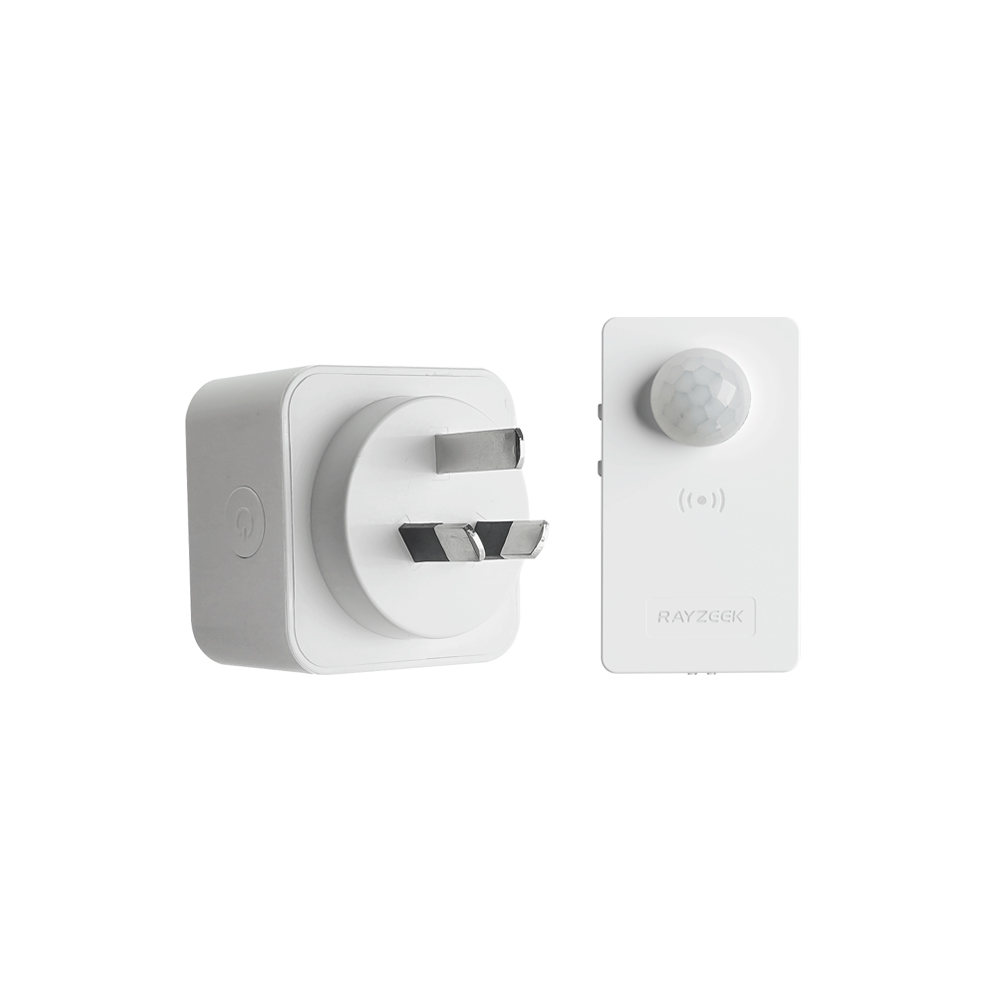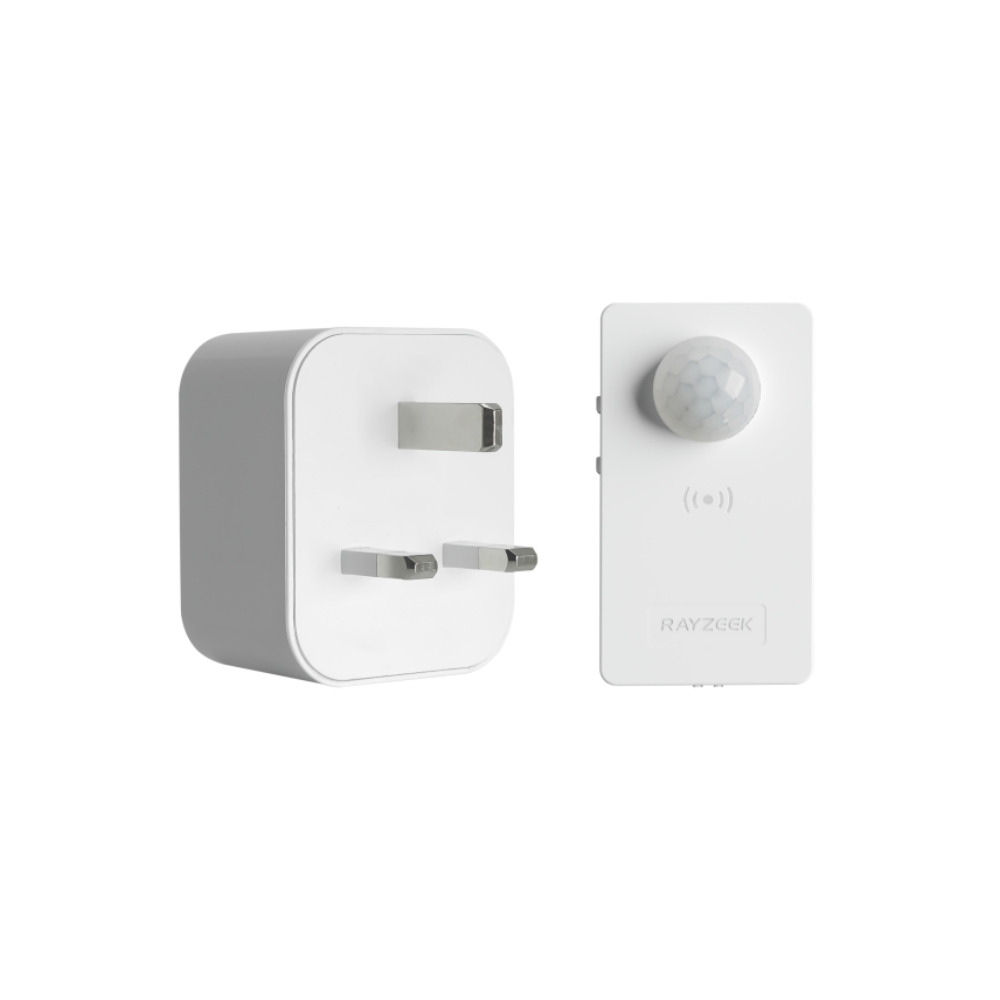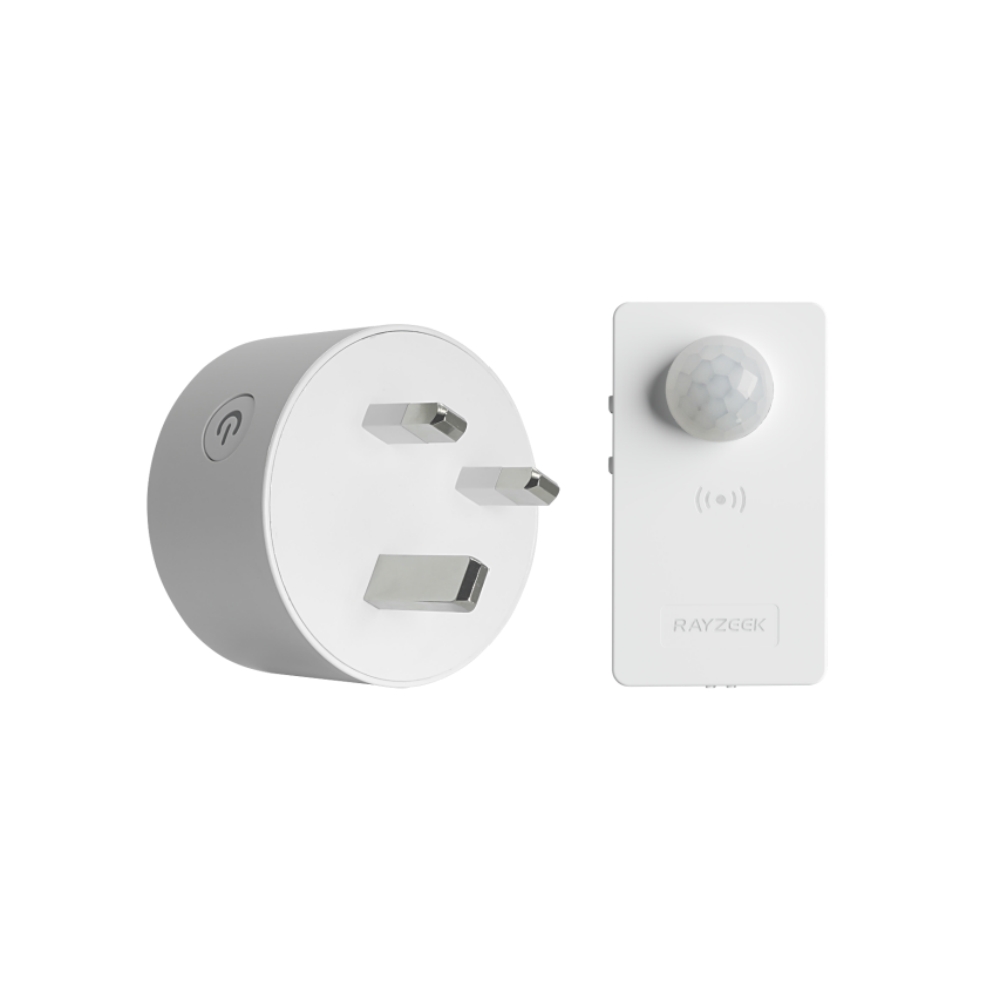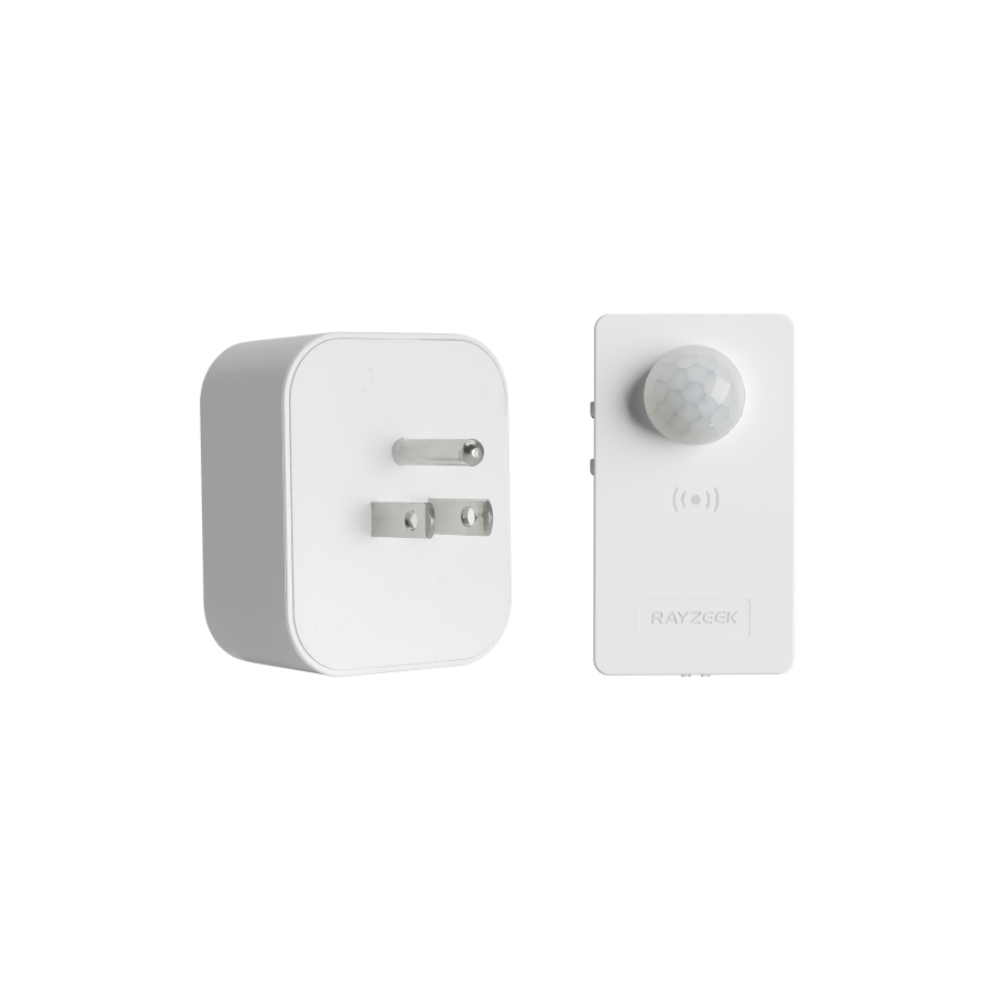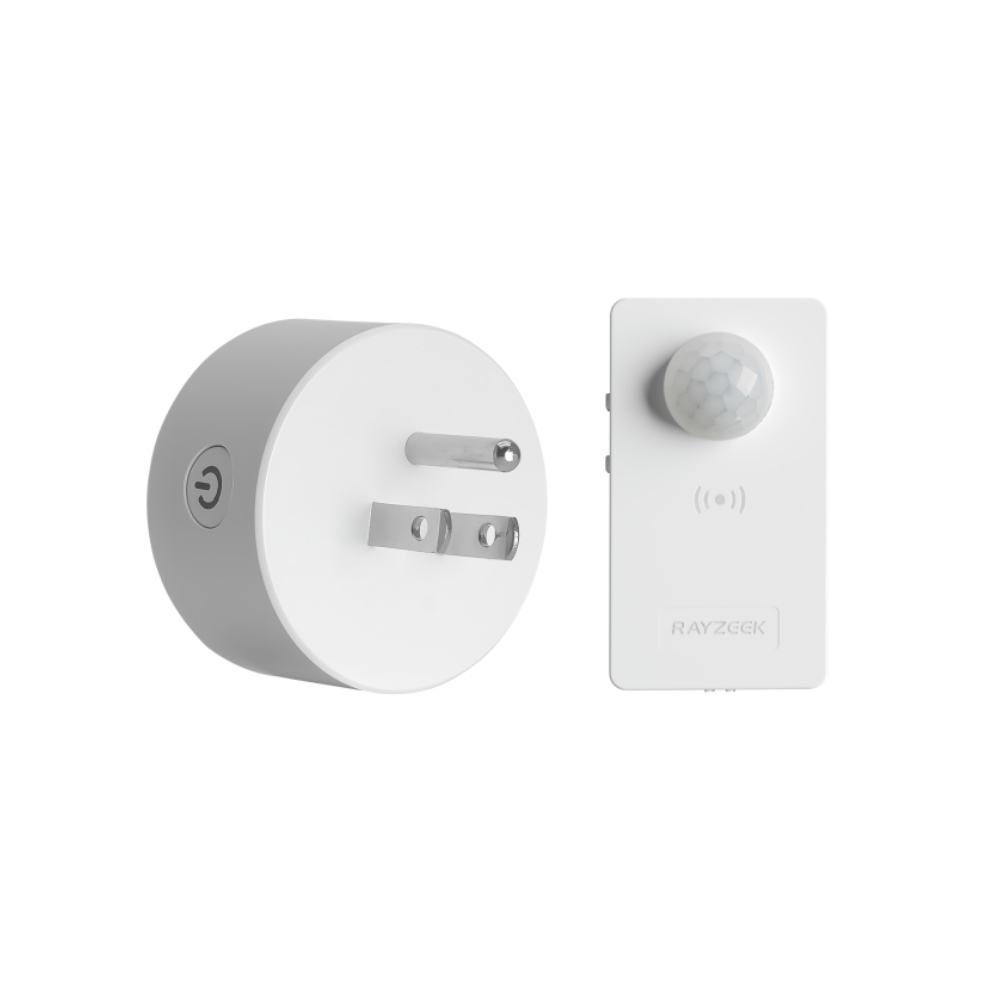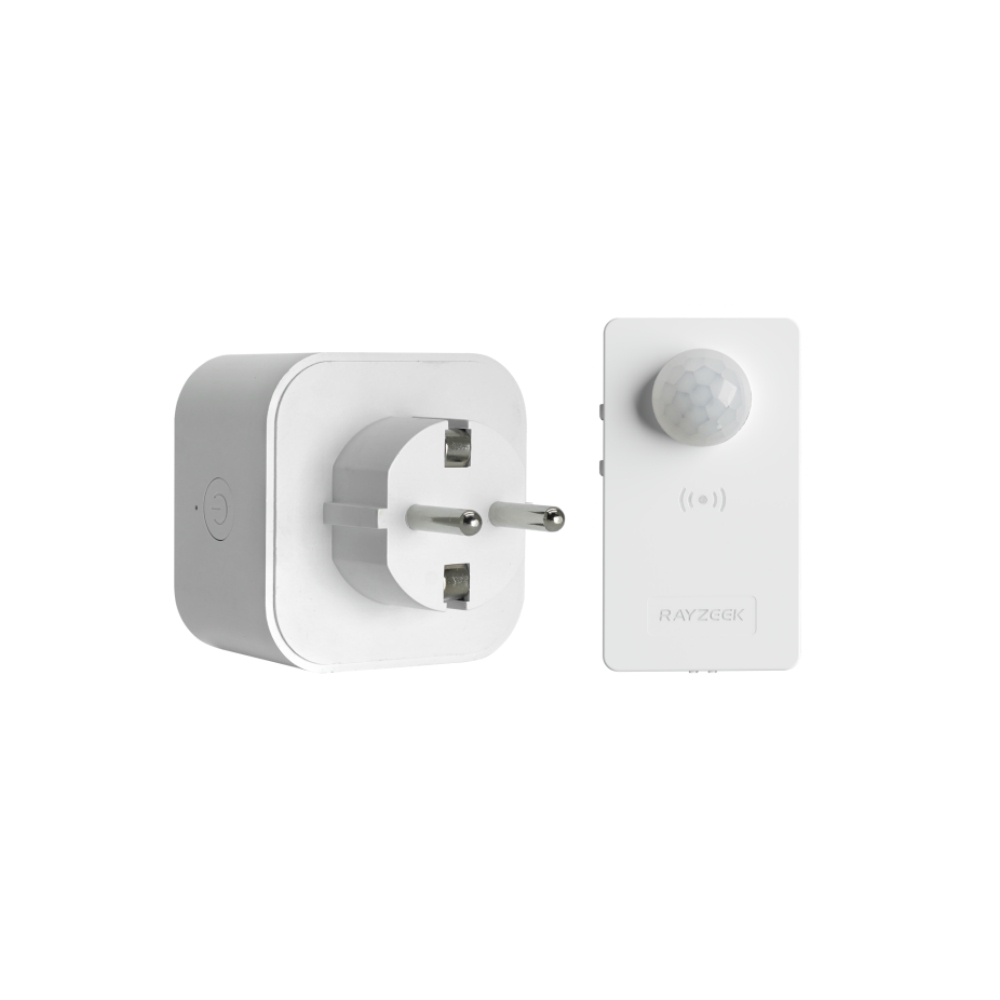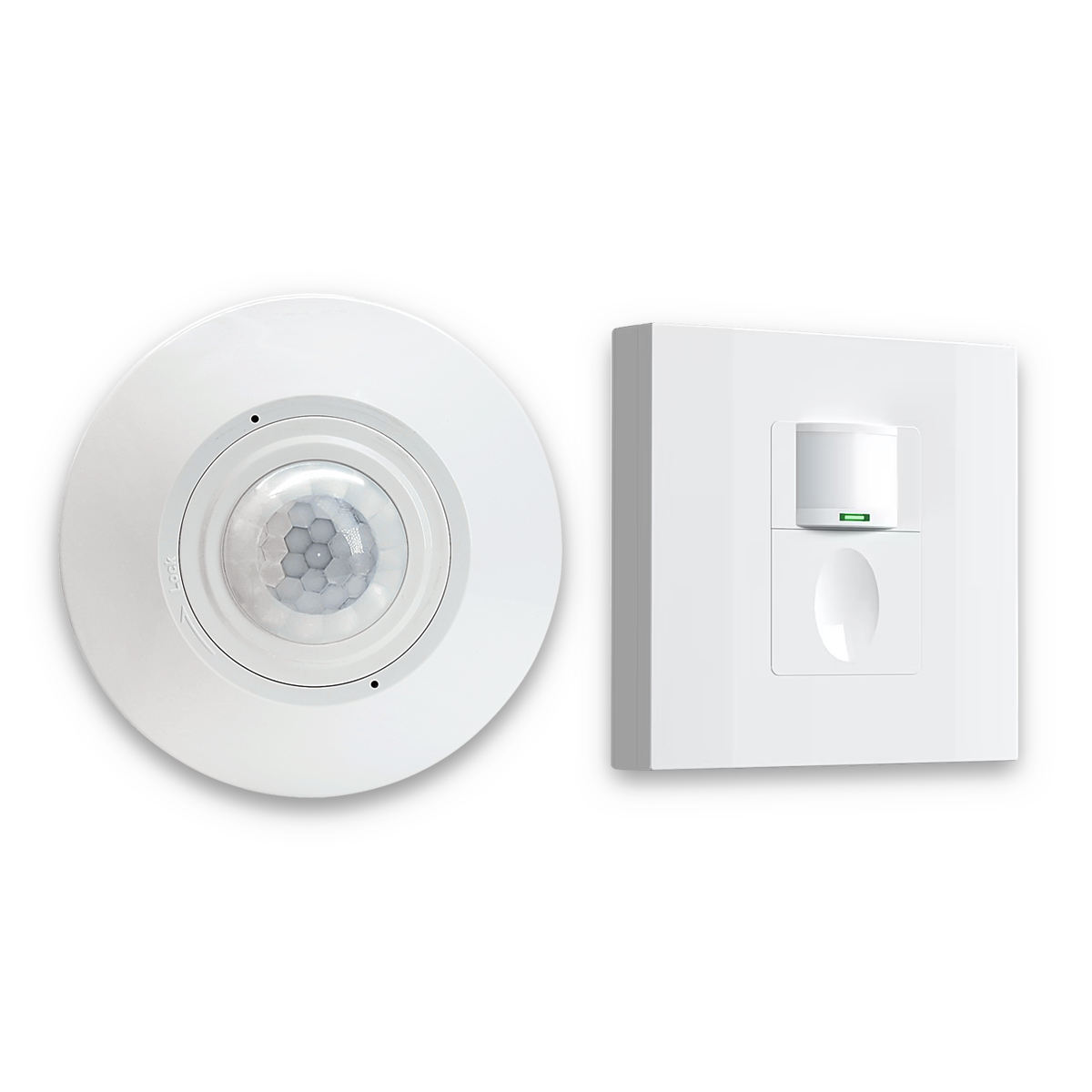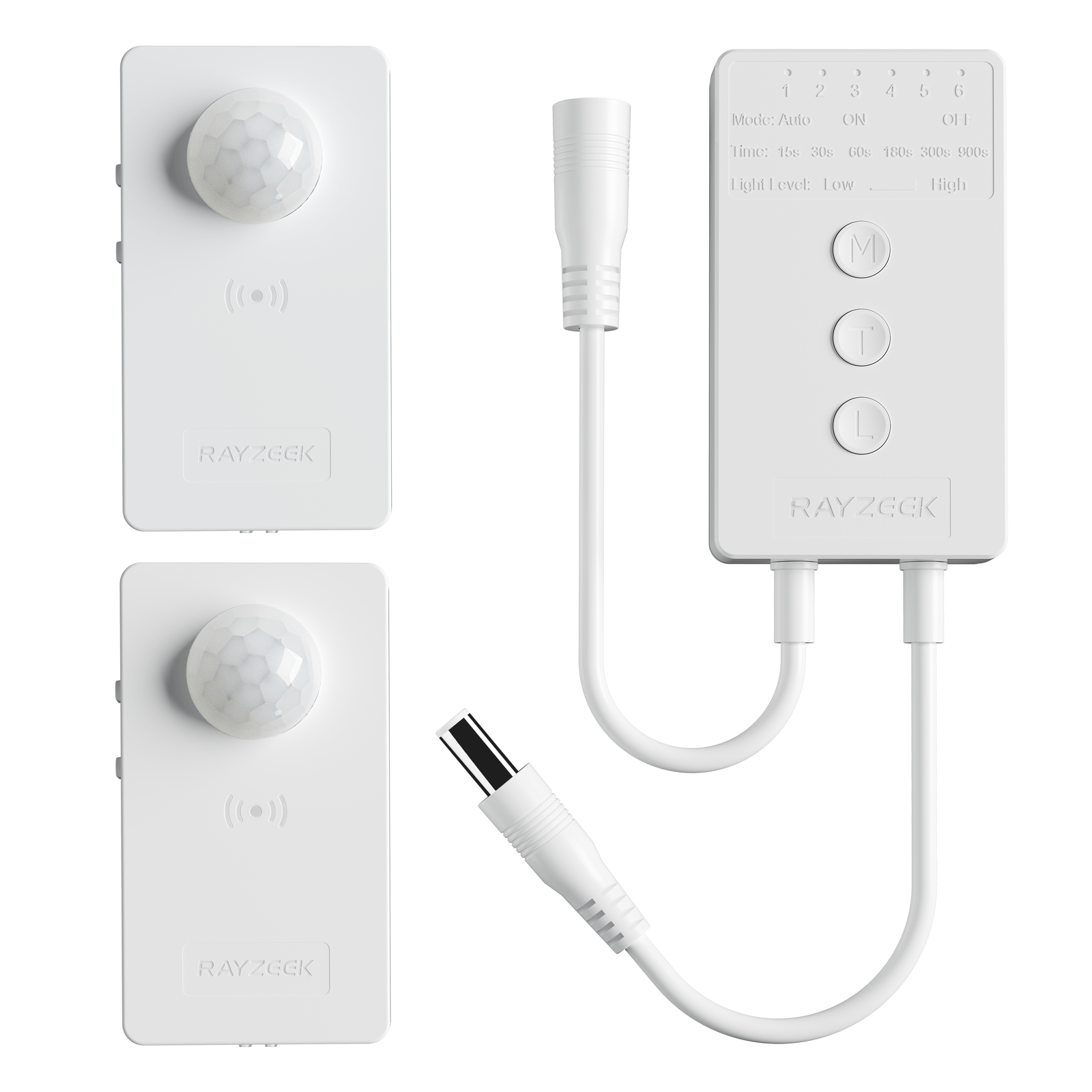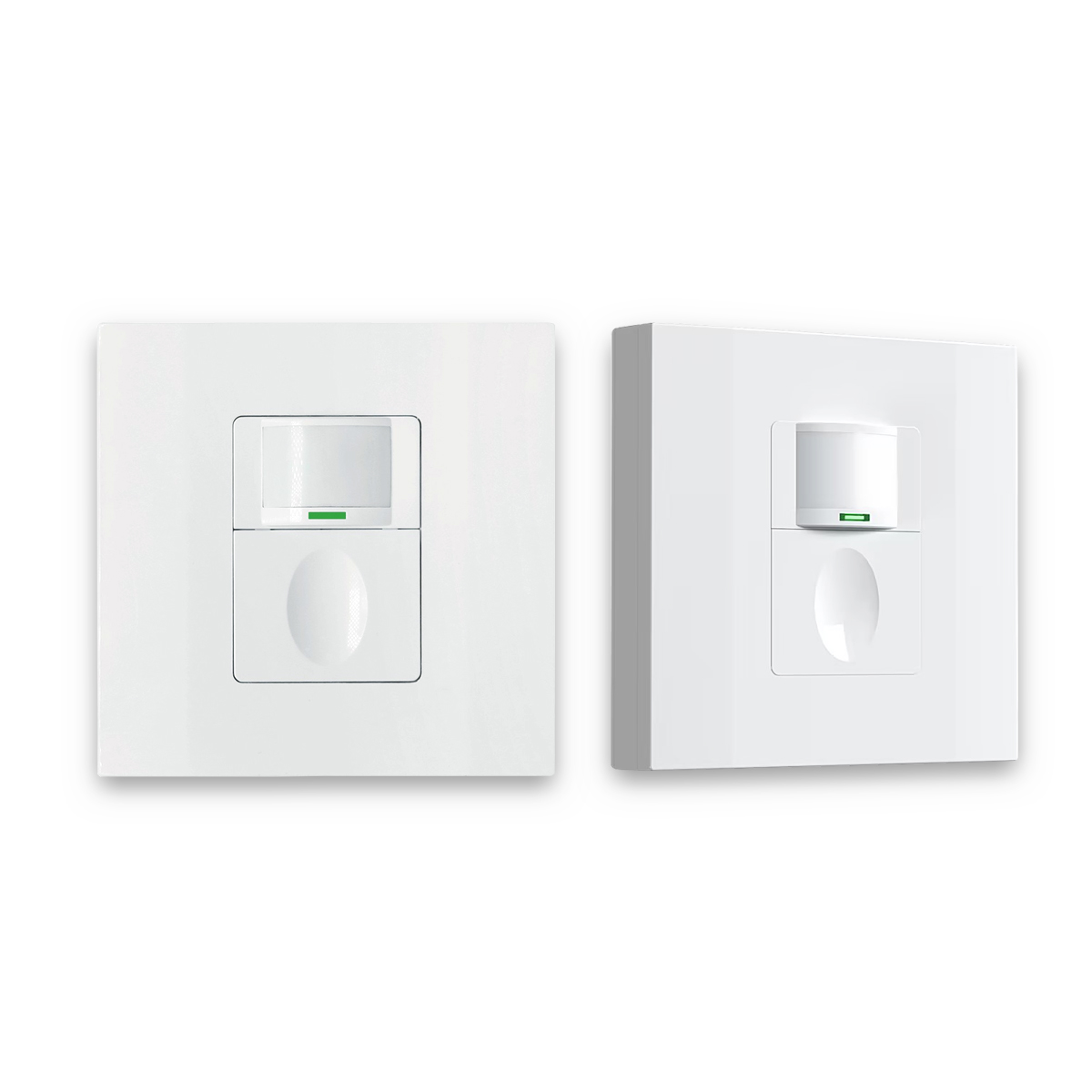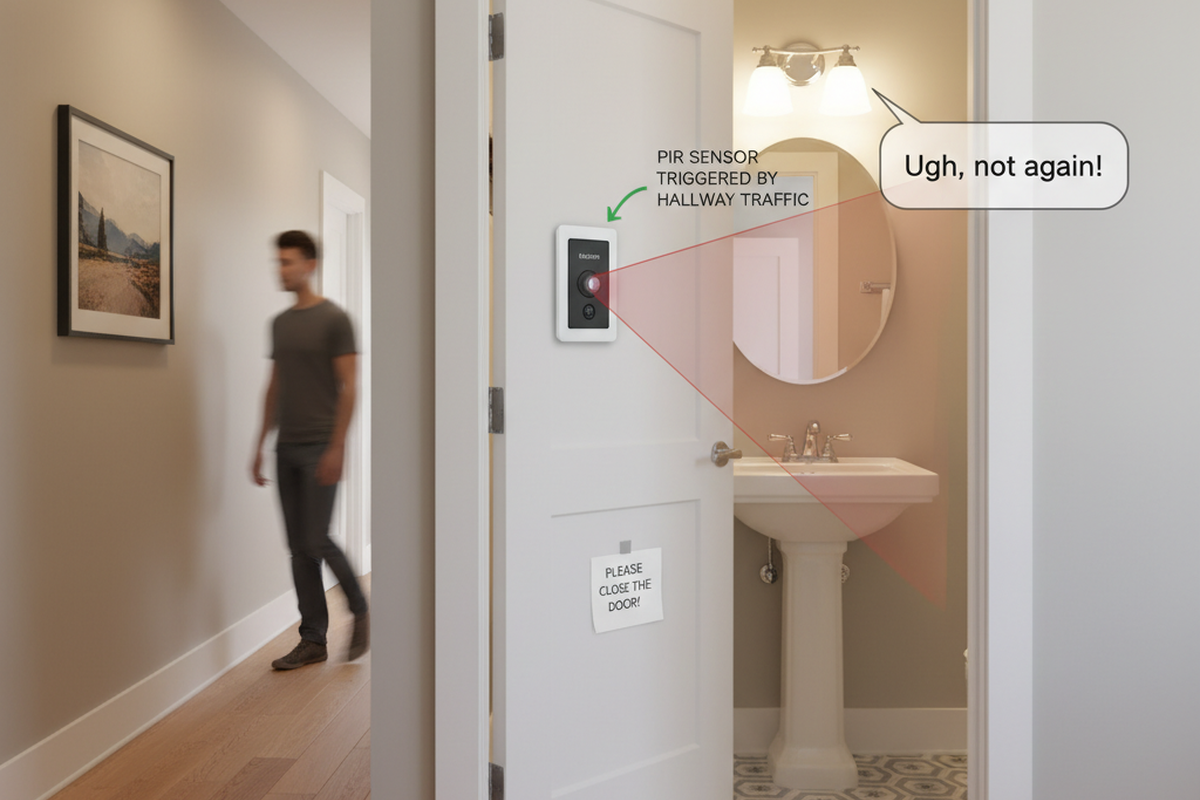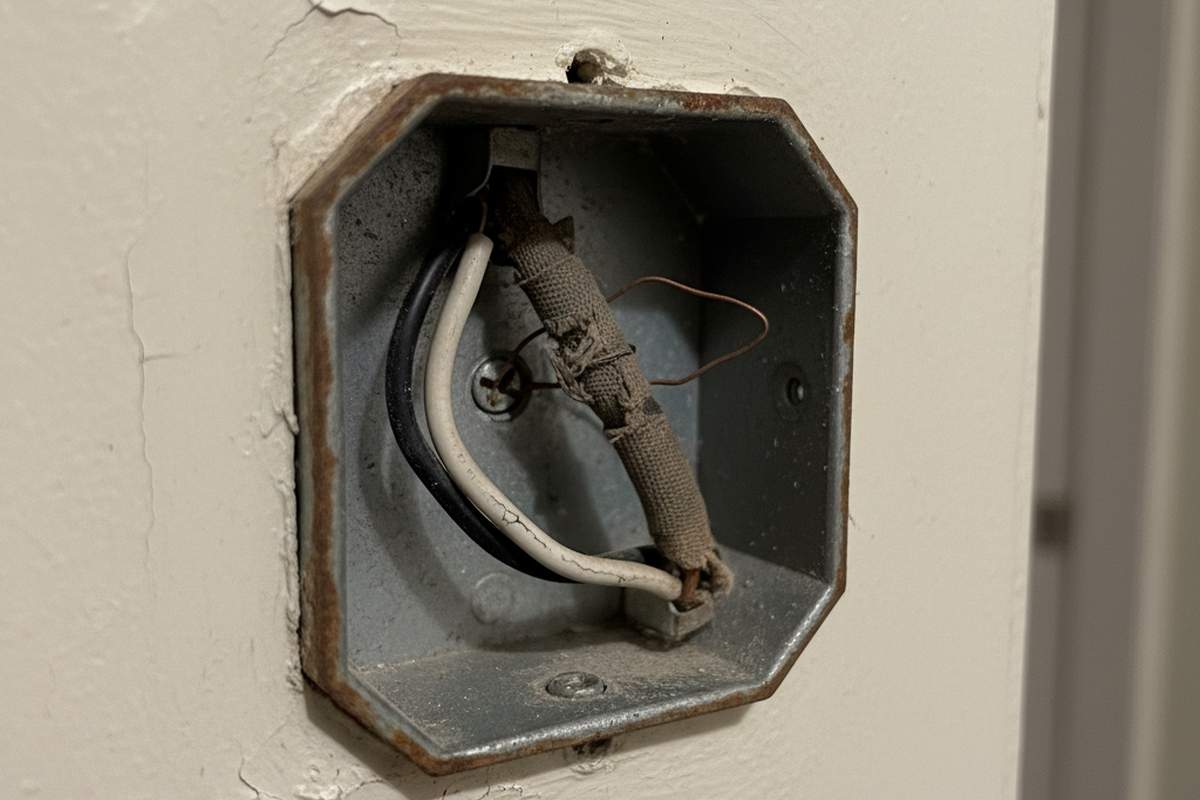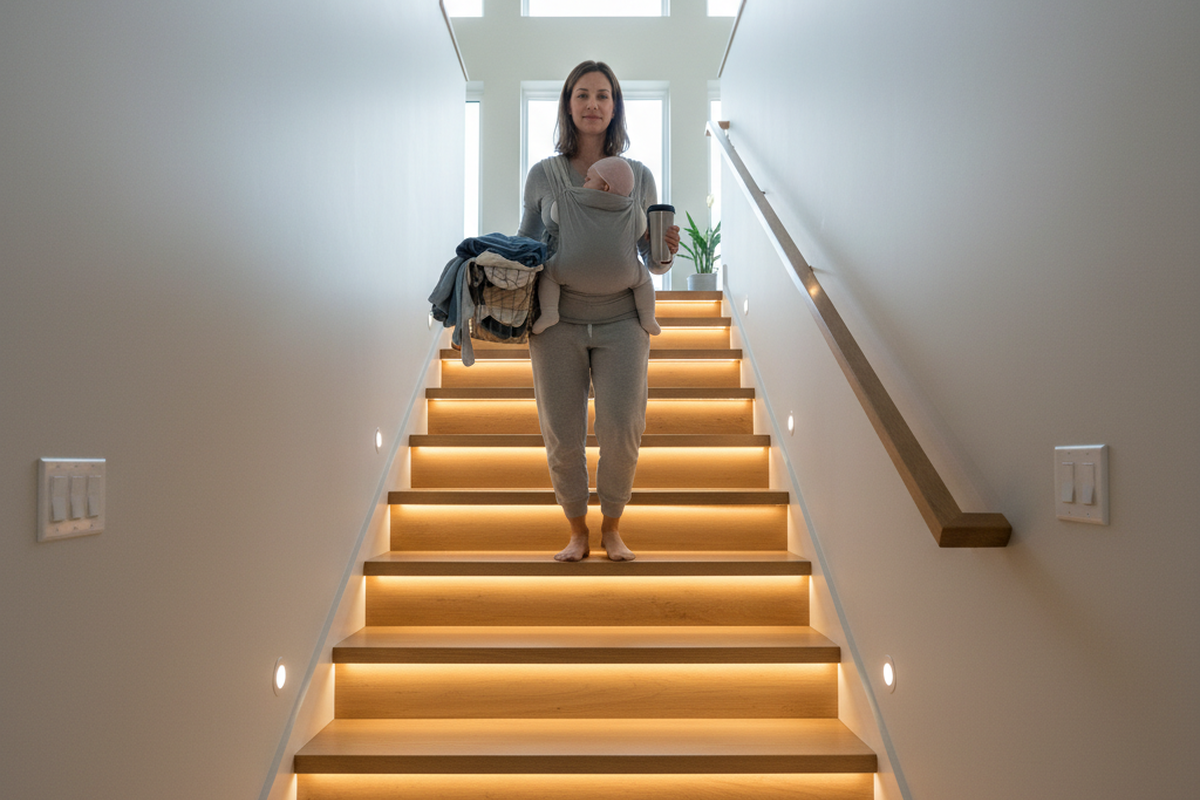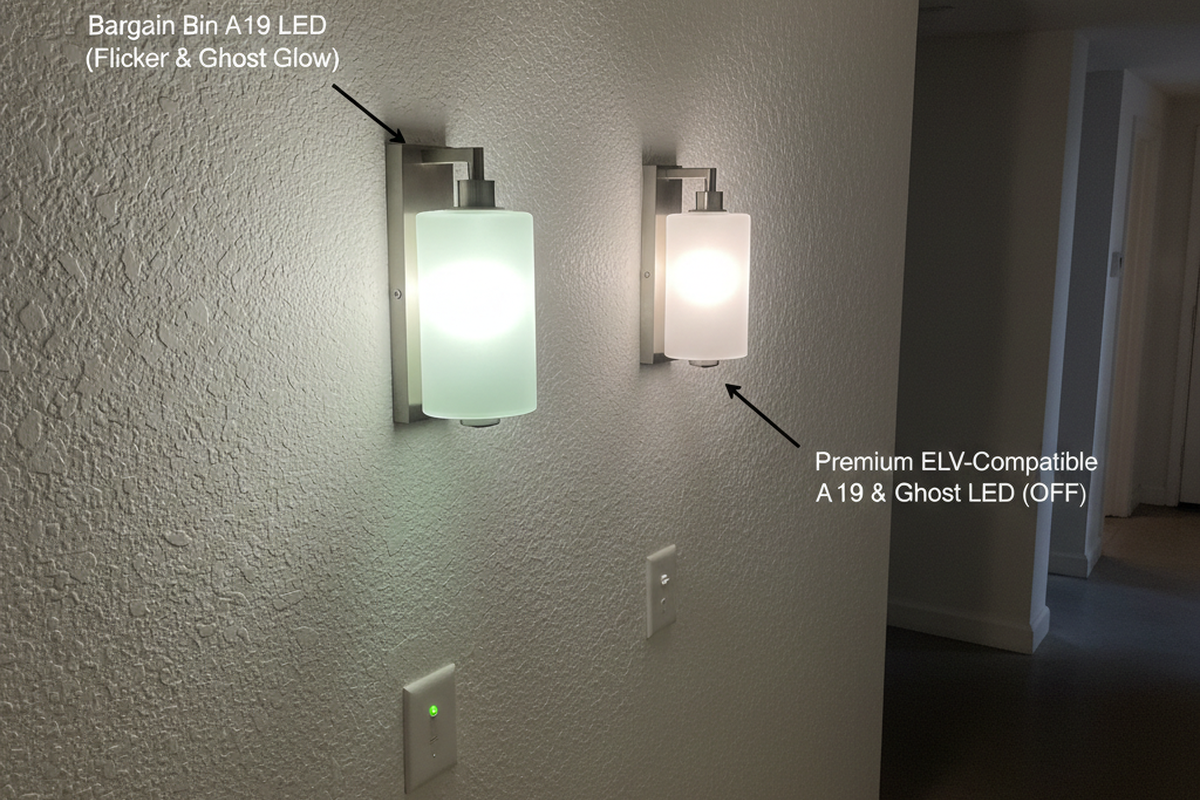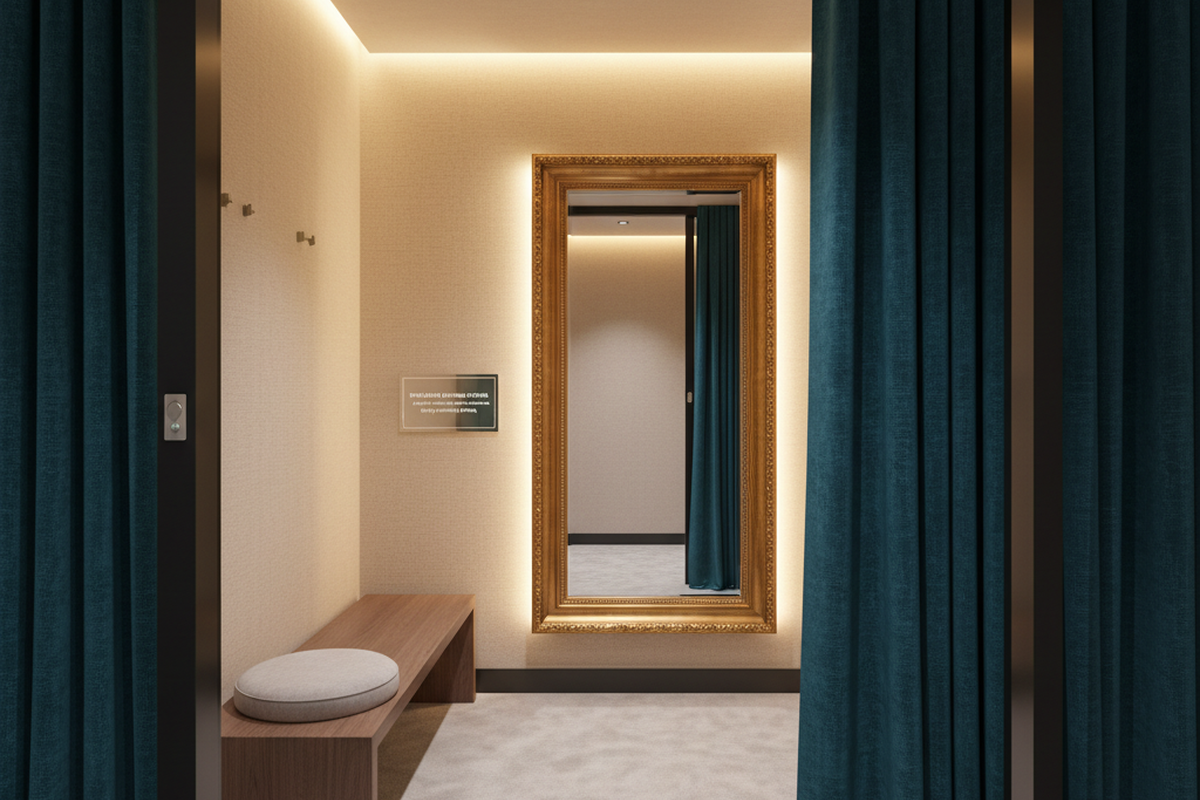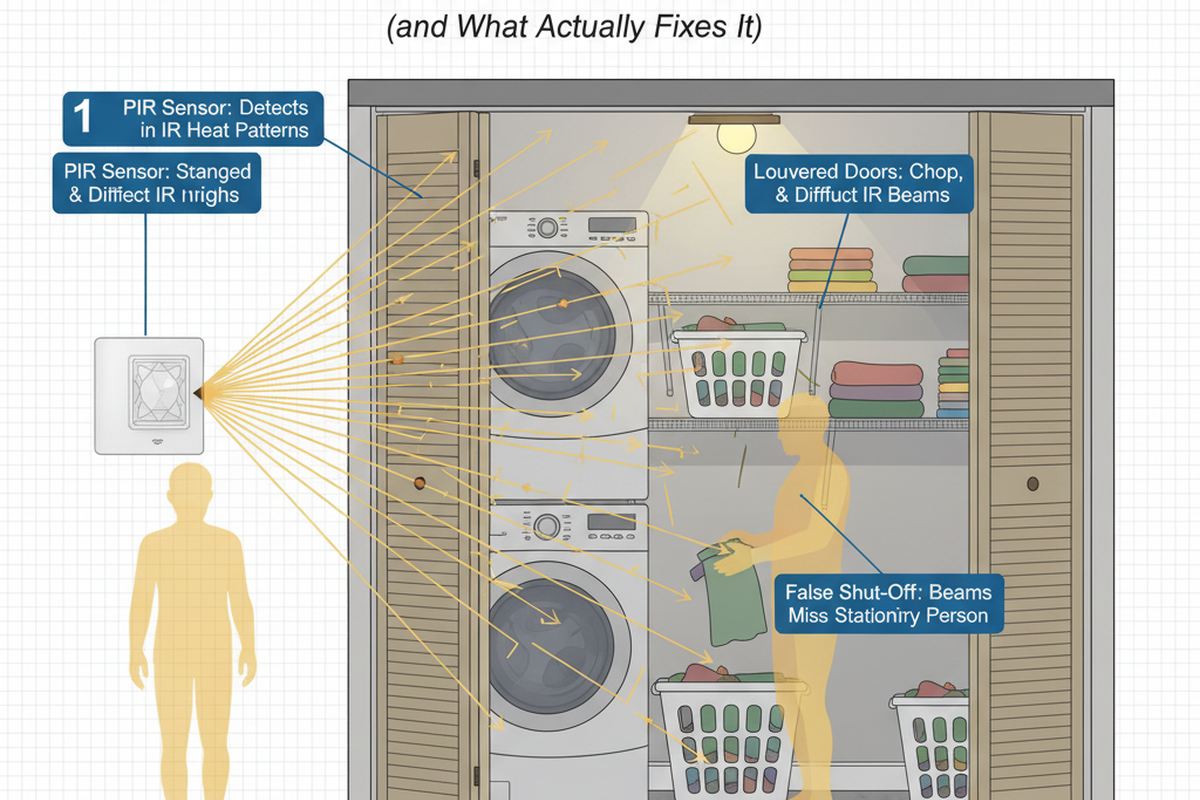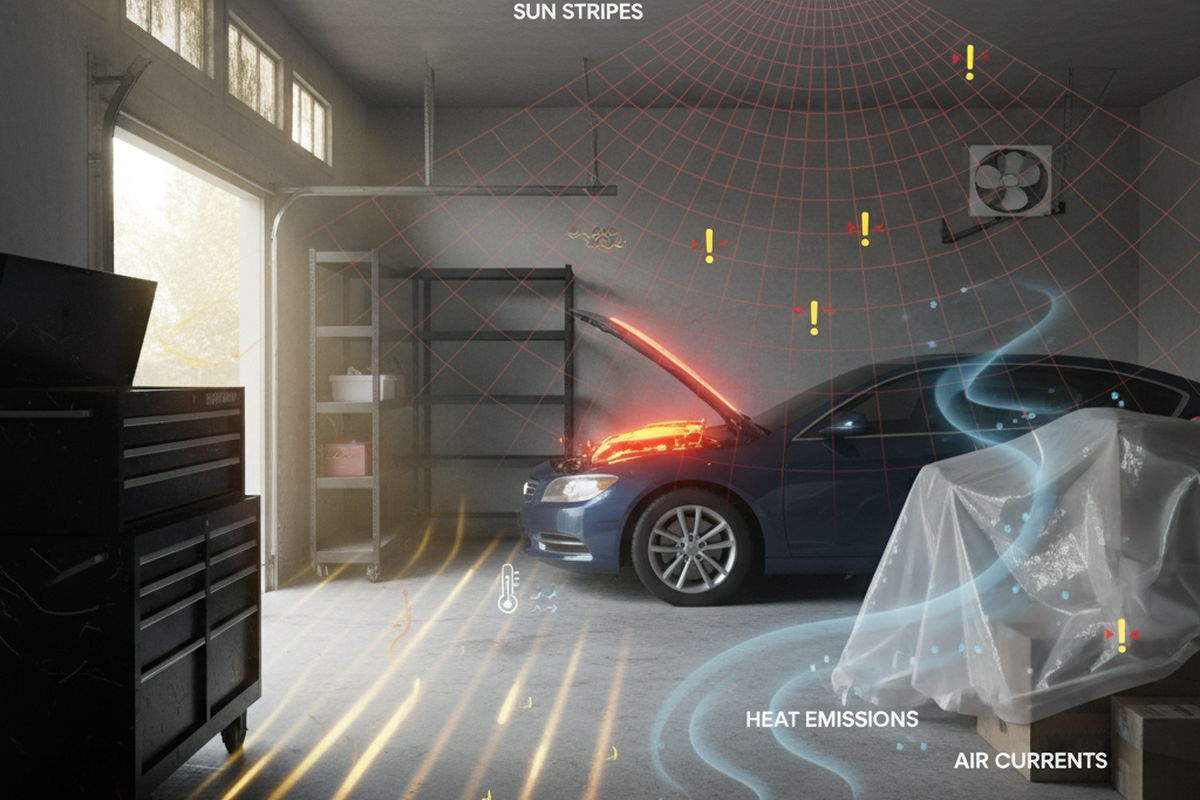You may not know what a PIR motion sensor is, but you must have experienced the convenience motion sensor can bring to you in real life. Remember when you walk in the hallway or the restroom in your office buildings, the light will automatically turn on for you? That’s the magic of the PIR motion sensor.
If you want to bring magic to your home life, here is a guide to help you choose the best PIR motion sensors.
Contents
What is a PIR Motion Sensor?
A PIR(passive infrared) motion sensor is an electronic sensor that passively measures infrared light emitted from objects in its field of view.
As PIR motion sensors are widely used in PIR technology based motion detectors, the term PIR motion sensor is commonly referred to as the motion sensor detector/switch rather than the motion sensor electronic component itself.
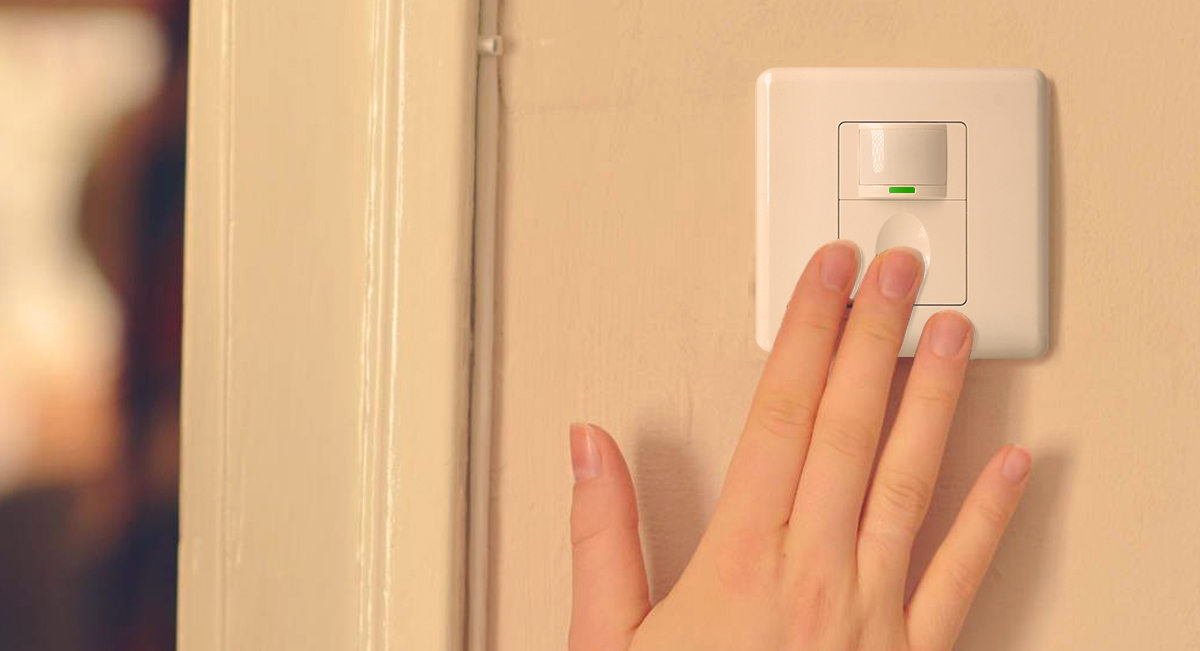
PIR motion sensors, in most cases, work as an automatic light switch that turns on the light when motion is detected and turns it off while you leave. Using a motion sensor light switch can significantly save energy and electric bills while adding more comfort and convenience to your home life.
Get Inspired by Rayzeek Motion Sensor Portfolios.
Doesn't find what you want? Don't worry. There are always alternate ways to solve your problems. Maybe one of our portfolios can help.
Things to Consider When Choosing Home Motion Sensors
We listed some major factors to consider that can help homeowners to choose the ideal motion sensors for their homes.
Choose Functions that You Need
Motion sensors mainly include two working modes: the auto on/auto off occupancy mode and the manual on/ auto off vacancy mode.
Simply put:
- Occupancy mode(auto on/auto off) turns the light on and off automatically with more convenience. You don’t have to mind about the lighting at all.
- Vacancy mode(manual on/auto off) requires you to manually turn on the light and automatically turn it off while you leave. Compared to occupancy mode, vacancy mode could save more energy and keep the lights always off with no light false-on caused by motions.
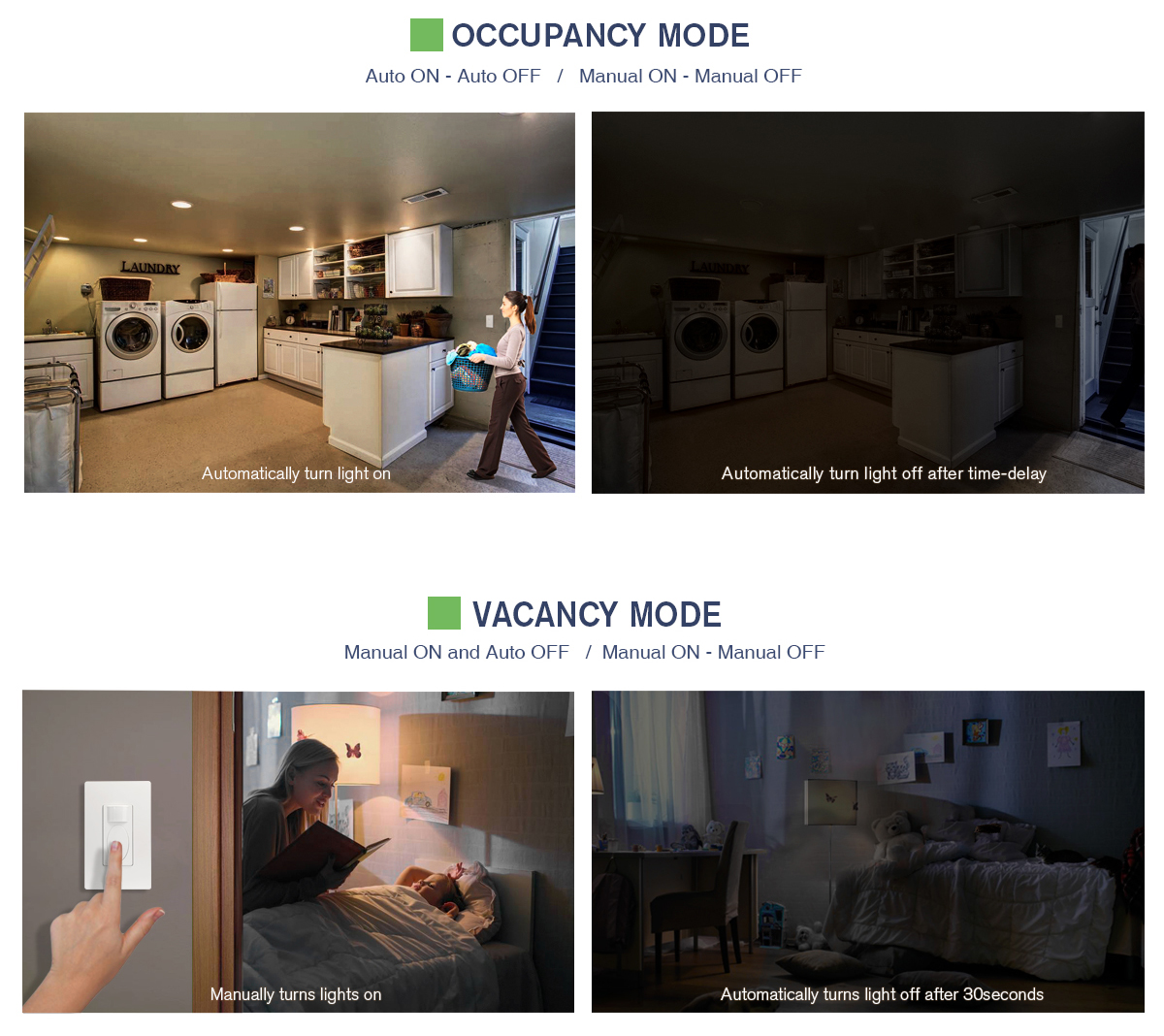
While most motion sensors offer an integrity that combines the two modes into one, allowing you to switch modes freely for different applications and scenarios. There are certain types of motion sensors that are labeled as either an occupancy sensor or a vacancy sensor only, meaning the function is singular and cannot be changed.
For home usage, there are certain places more suitable for occupancy modes like bathrooms and garages. Places like master and kid bedrooms can be installed with vacancy sensors where you don’t want the light to turn on while in a good sleeping.
Or, simply choose a 2-in-1 motion sensor that you can change working mode any time you need.
Mind the Installations
The installation is very easy. DIYers can replace and install motion sensors with only a screwdriver in under 15 minutes. But before choosing your ideal motion sensors, take a look at your light switch wallbox to see if there is a neutral wire or not.
Maybe You Are Interested In
Most PIR motion sensors require a neutral wire for the PIR sensor to work individually for detecting infrared and motions. If you already have a neutral wire in your wall box, you can choose most motion sensors on the market as they provide a neutral wire.
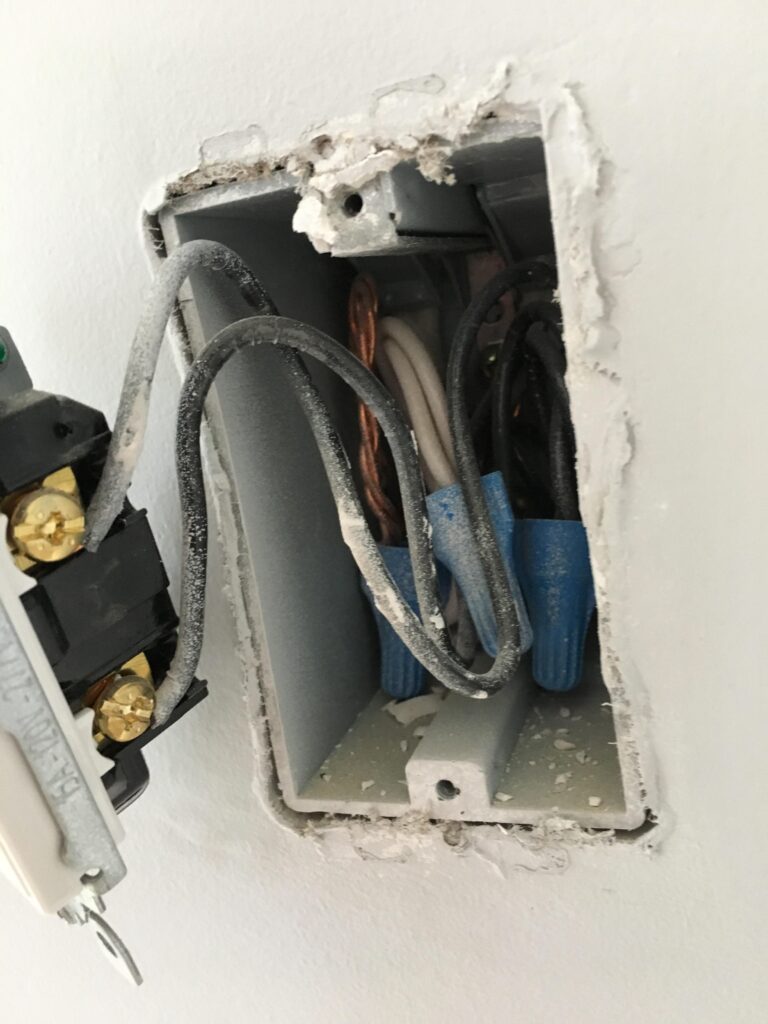
If you find no neutral wire but only a ground wire, don’t worry. You can still enjoy the convenience of motion sensor switches with the help of ground wire type motion sensors.
These types of motion sensors are specially made for homes that do not have a neutral wire. They work with a ground wire instead of the standard neutral wire. When choosing these types of motion sensors, go with sensors that are labeled with “ground required” or “ground wire required”.
Design Matters
A well-designed product can improve your home’s comfort and convenience in all aspects. The ideal product should not only provide reliable functions but also fit your home’s overall decoration. Unlike commercial buildings that look for function over design, if the product cannot make your home look nicer than before, then it’s not a good product.
When choosing motion sensors for your home, look for these design factors that might make a difference.
Color
We decorate our homes with diverse designs and colors. Every home is different and unique. You can choose to match the color of the motion sensor to your wall color. But sometimes, matching colors is not a bright idea as it’s hard to locate the switch. A classic white color sensor switch is always a wise choice, and they match almost every color.
Looking For Motion-Activated Energy-Saving Solutions?
Contact us for complete PIR motion sensors, motion-activated energy-saving products, motion sensor switches, and Occupancy/Vacancy commercial solutions.
Shape
If your home is a minimal-designed style, you can choose a square corner sensor switch to look fresh and lean. If your home is decorated with rich elements, you can choose a round corner switch that adds more warmth.
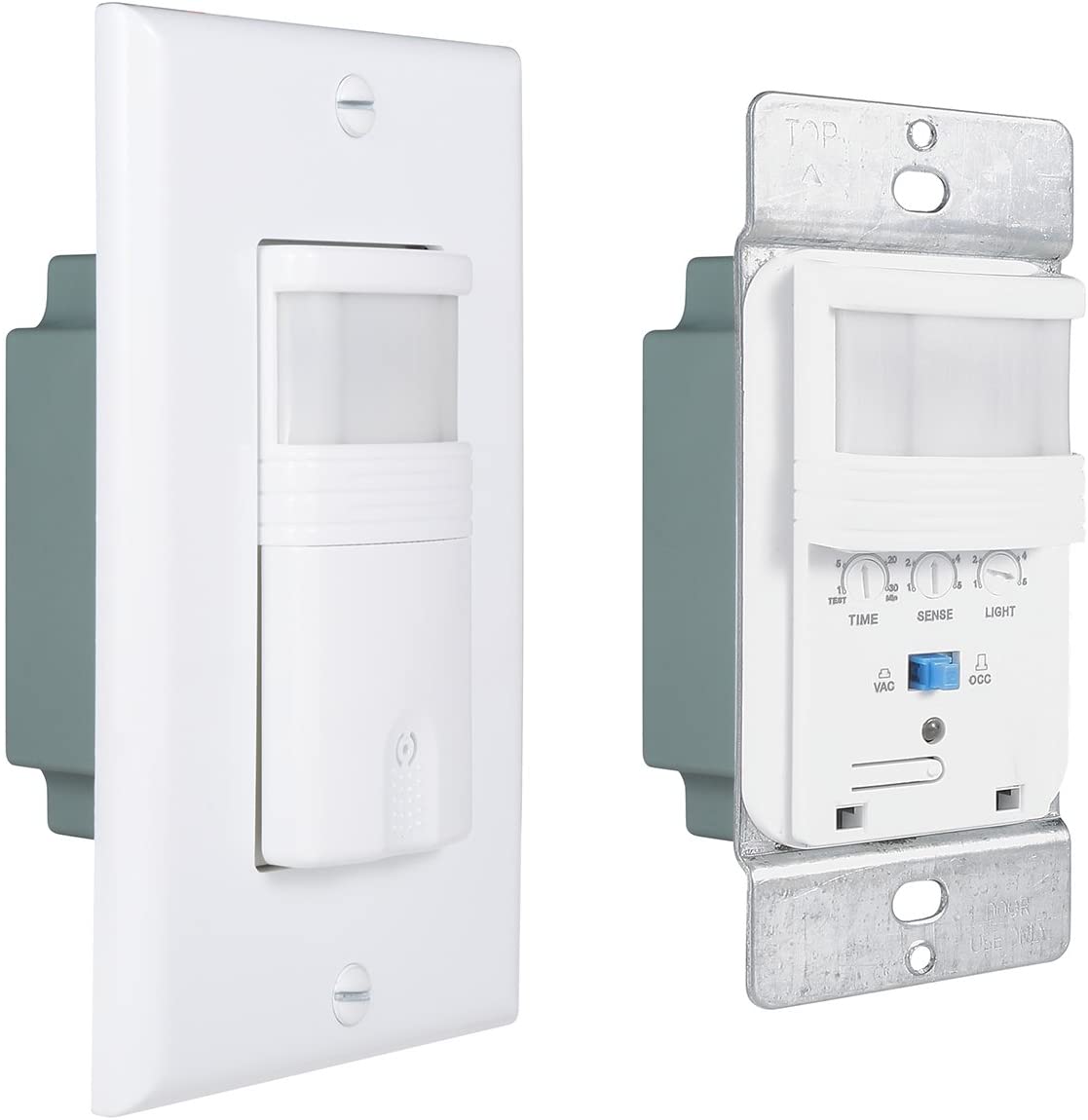
Function
Setting the function is not a one-time process. We might need to adjust mode frequently in daily usages, like adjusting to a longer 30 min time delay for kids to take a shower in the bathroom and change it back to 1 minute after shower. The convenience of how to adjust mode and setting is definitely one major thing to look at. While some sensors are designed with dials inside the cover plate, you need to uncover the plate first and use tools to adjust settings. It’s more convenient to choose a PIR motion sensor that is designed with touch-only operations by pressing buttons on the panel.
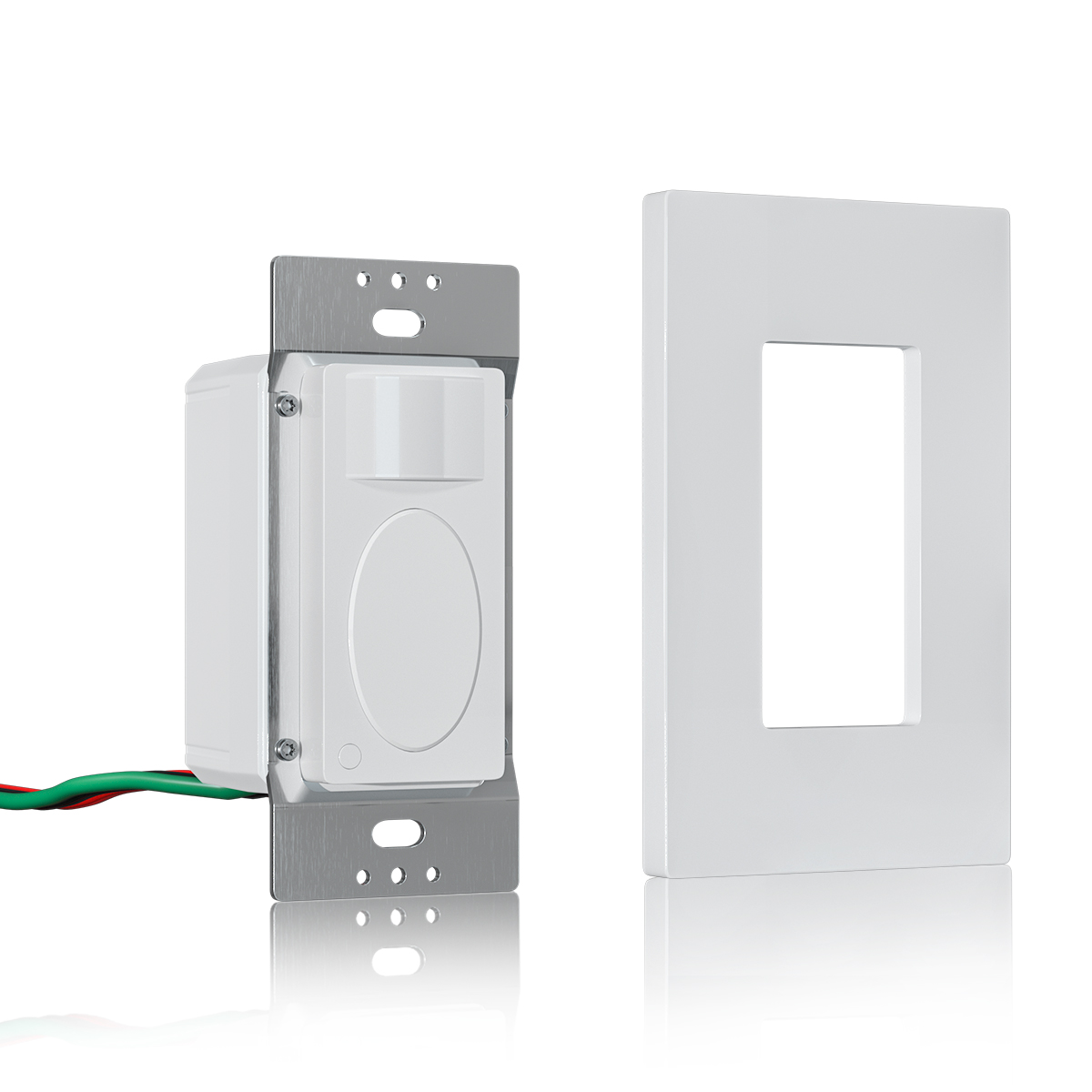
Conclusion
There is no motion sensor that suits all homes, but there is definitely one that suits you best.
Following the general guidelines above can help you find your ideal motion sensors.
It’s never too late to replace your mechanical light switch with a PIR motion sensor switch to embrace to green and energy-saving lifestyle. And it saves electric bills, a lot!

